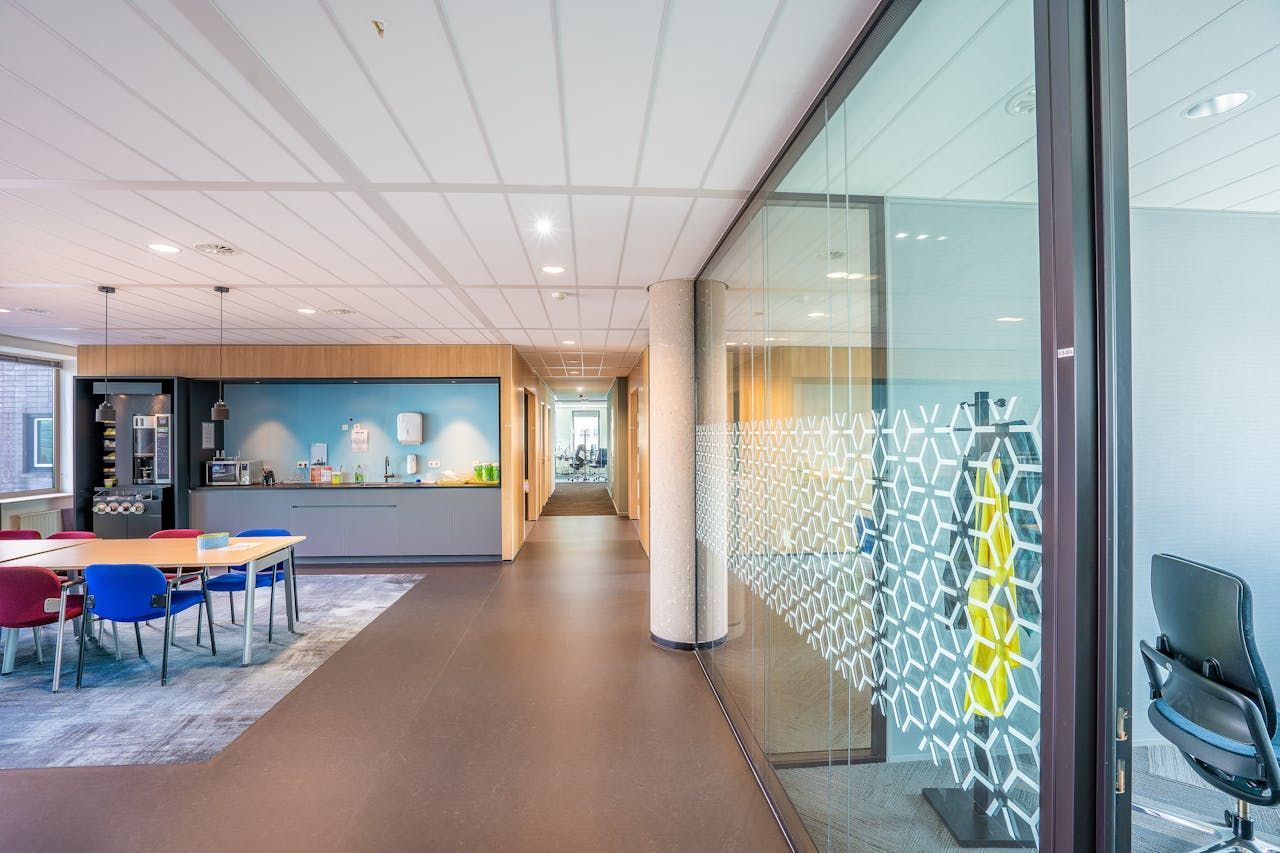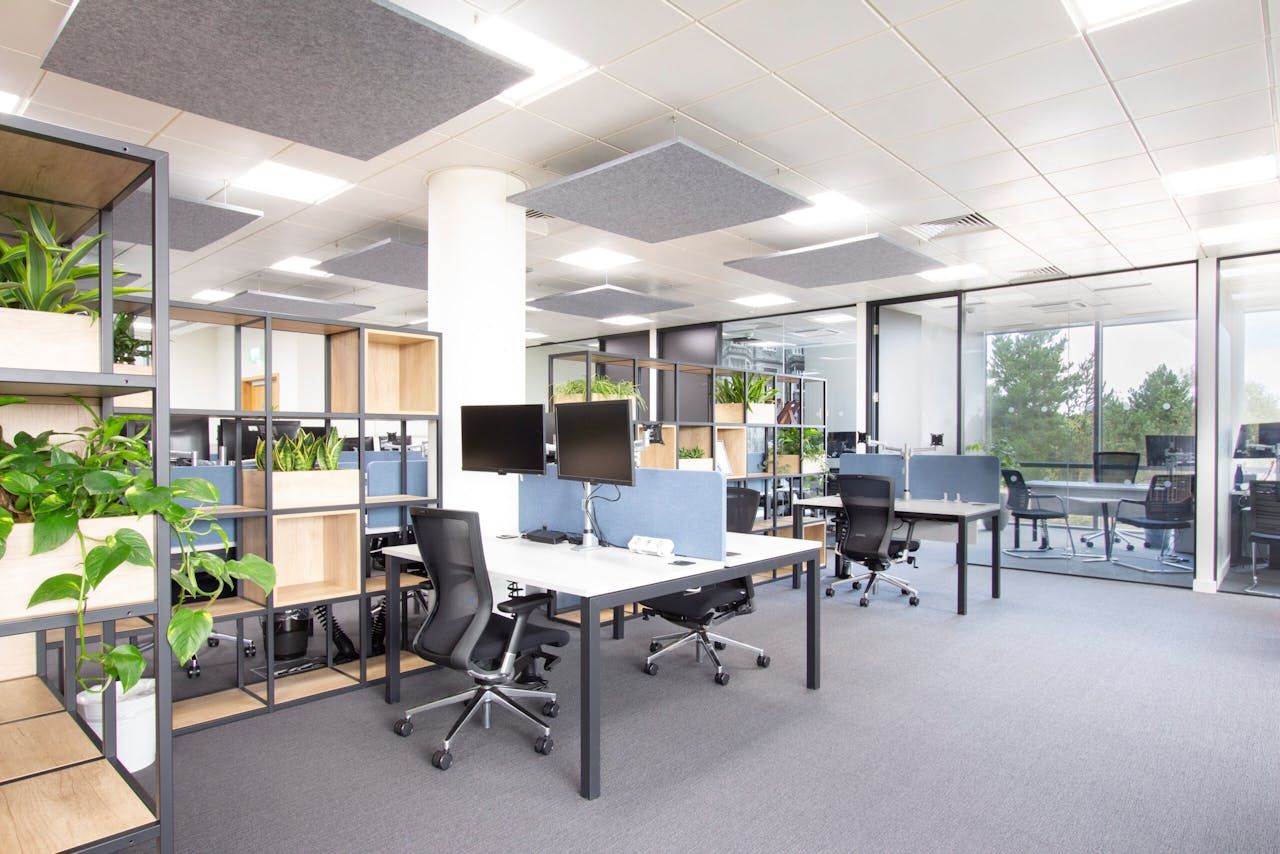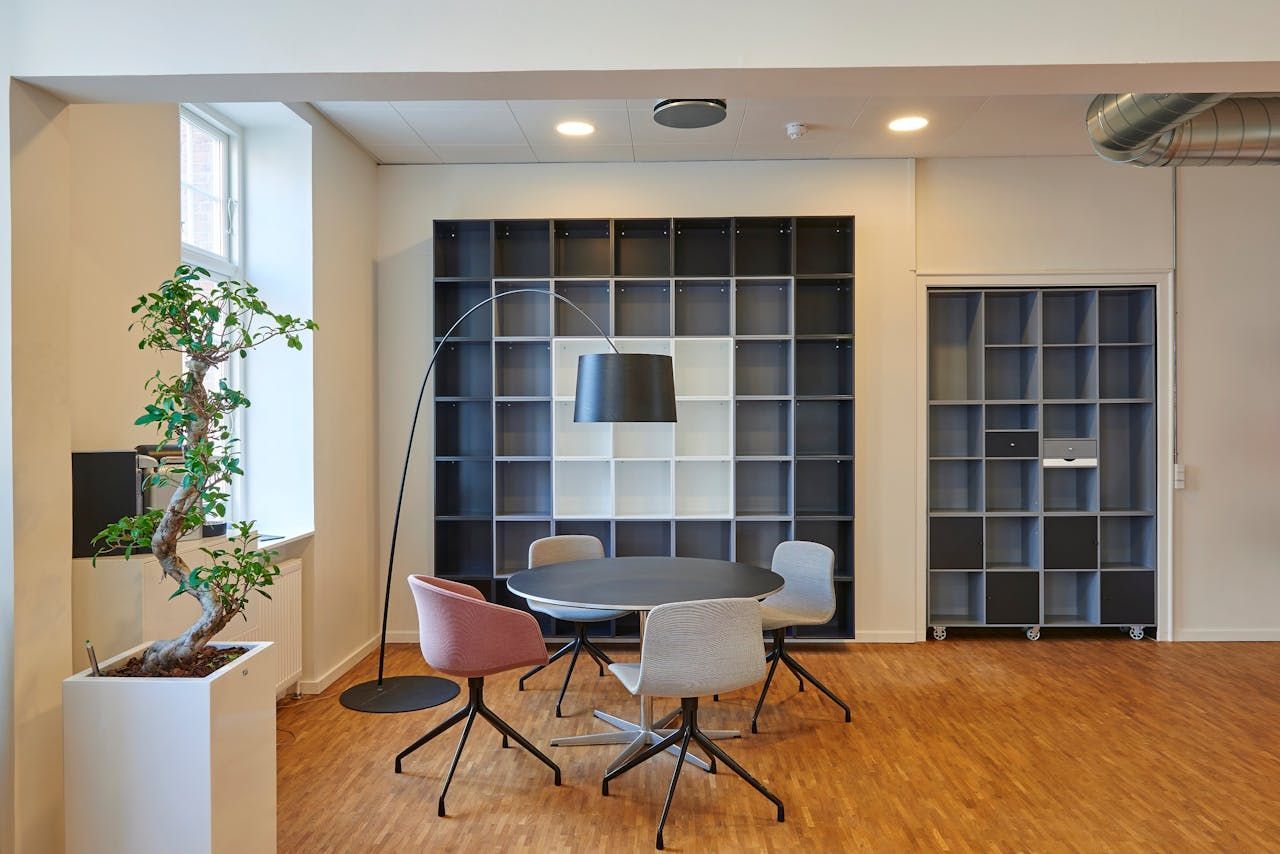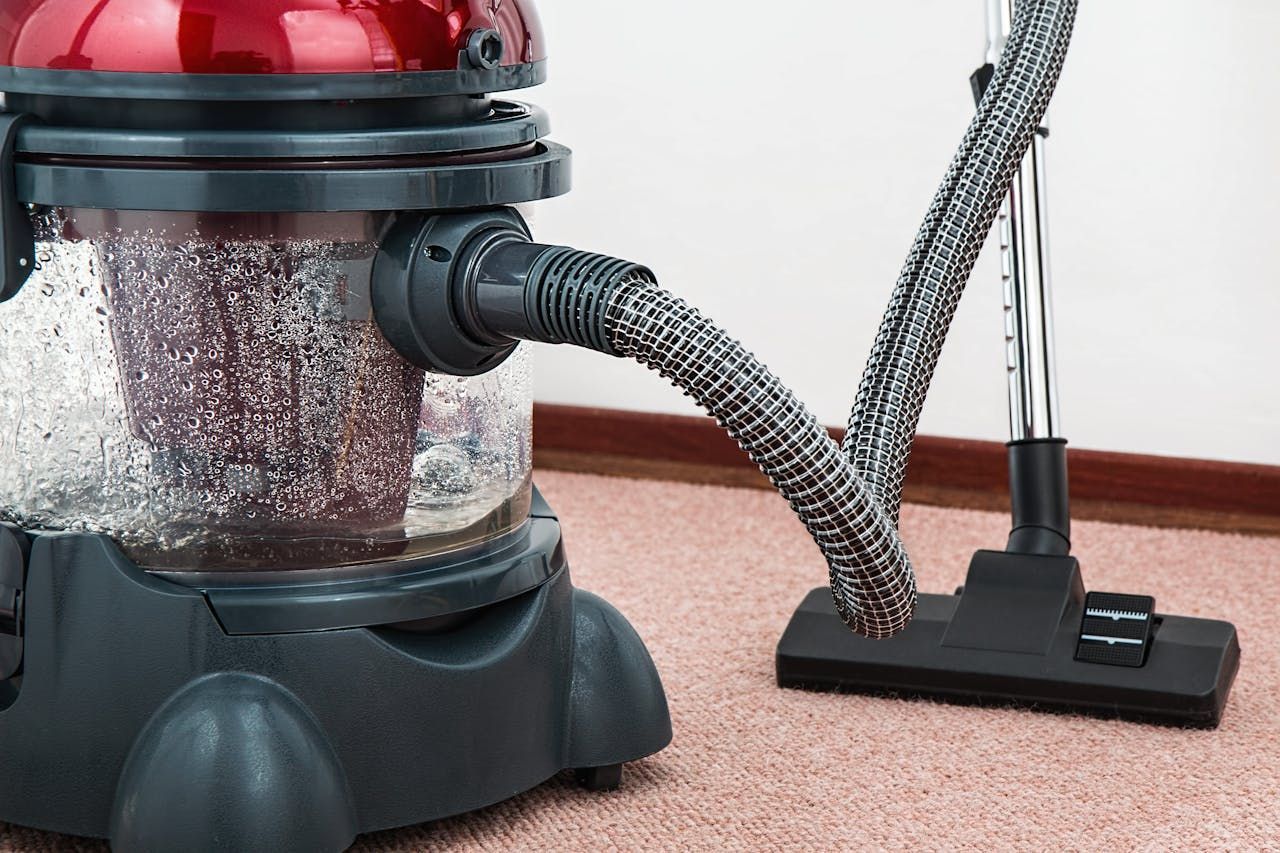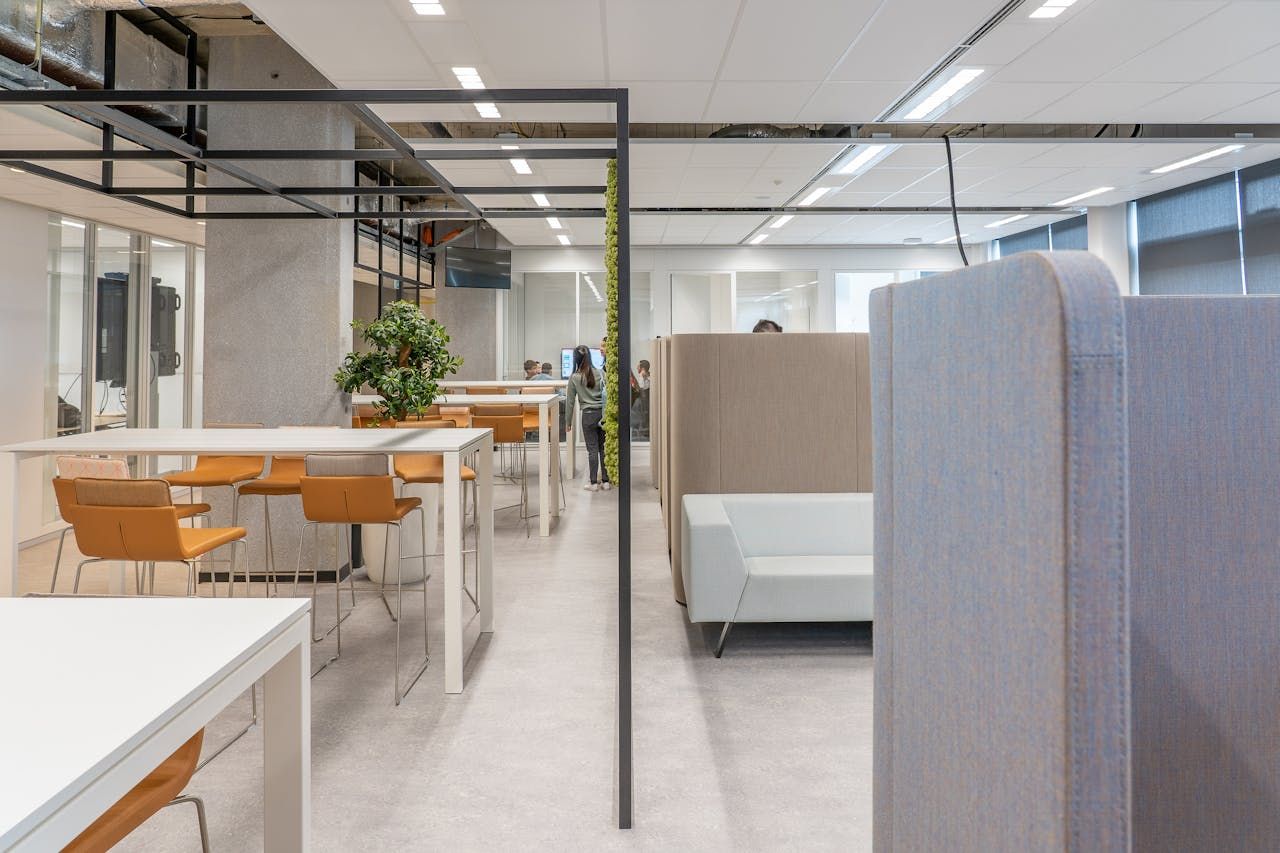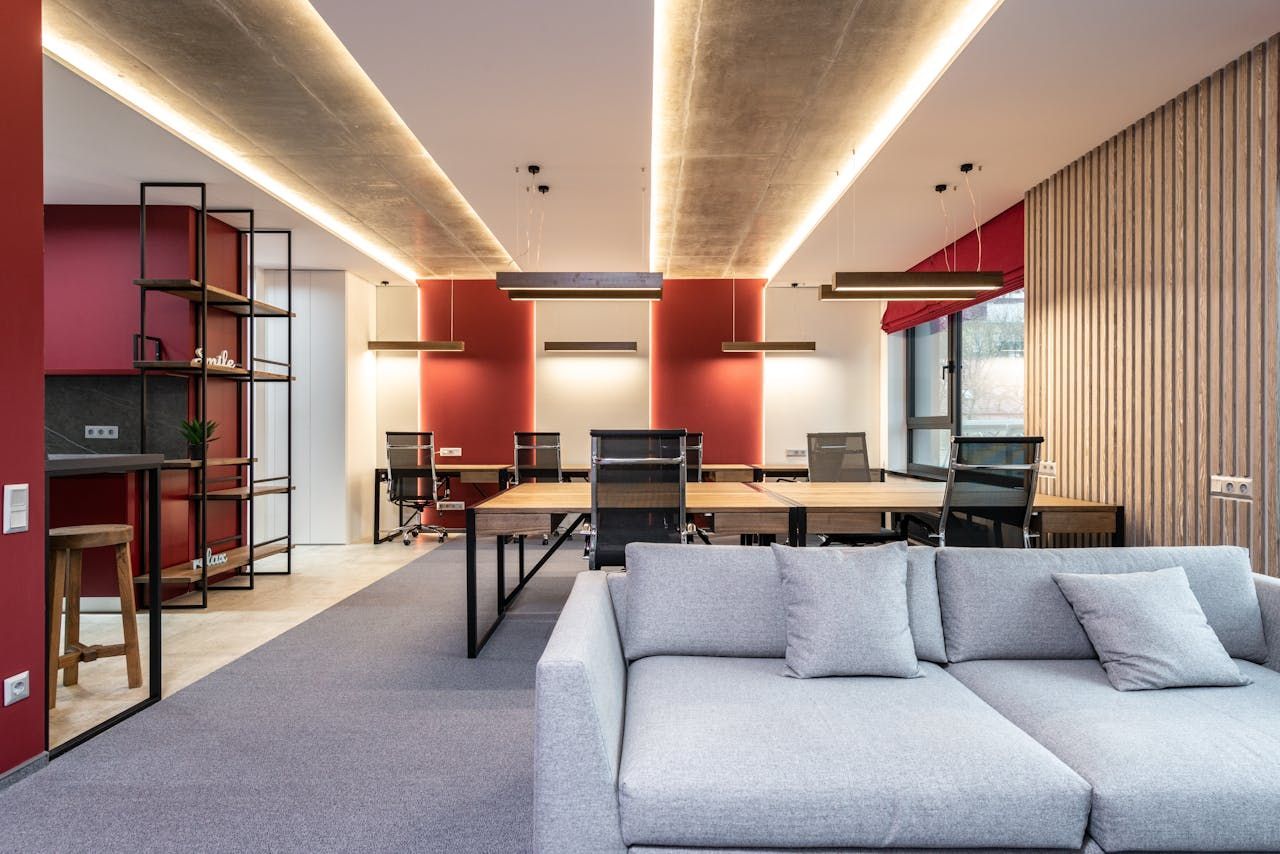The 3 Mistakes Office Managers Make And How To Avoid Them
The office manager is the unsung hero of the workplace, the keepers of chaos and the multitasking masters. But even the best of us can fall prey to some of the most common pitfalls of office life, putting a spanner in the works and bringing efficiency to a halt.
But that’s why we’ve put together the three mistakes we’ve seen office managers make the most, so you know how to fix them or, even better, avoid them altogether.
Taking On Too Much
If you’re an office manager, you probably have a little inner control freak. It means you don’t always let things go because you’re worried they won’t be done to the standard you want. You’re great at what you do, and you’re passionate that it gets done right. So where’s the issue?
Well, it might be that you’re trying to get everything right all on your own.
When you hold on to every task with an iron grip, your days can go from easy breezy to a whirlwind of chaos. You might end up scrolling endlessly down your to-do list and feeling like for every task ticked off, you have to add two more.
Combine all of this, and you have the perfect recipe for burnout.
The solution may sound simple, but it’s powerful. Start delegating! Your role as office manager isn’t to do everything yourself - it’s to bring out the expertise and innovation in every team member. There’s going to be someone in your team who can complete a specific task much better than you could, so you’re depriving them and your company from a job well done by holding on to the to-do list on your lonesome.
Empower your colleagues by noticing their skills and presenting opportunities for them to shine. By doing this, you’ll not only get the work done faster and better (yay for the bosses!) you’ll also be creating a more trusting and fulfilling relationship with the people around you.
It really is a win-win when you start building your dream team, taking the heat off one another letting everyone do what they do best. Utilise each individual’s skill sets, and for the tasks that don’t seem to fit anyone, like office cleaning, fixing the internet or restocking the water bottles, think about outsourcing to professionals.
Trust us, you don’t need to be the office superhero 24/7. Your cape can take a break.
Losing Track Of Your Budgets
Your budget sheet is much more than an annoying piece of paper that keeps fluttering off your desk. It’s your bible, your financial gospel so to speak. If you misplace or lose this important piece of paperwork, things can start to spiral before you know what’s happening.
We’ve seen it before, with office managers who think they have it all in their head and then realise things have started to slip.
So what can you do - other than pinning your budget sheets to your shirt?
Well our first suggestion won’t come as a surprise if you’re a tech-y type of manager. One of the most efficient ways to stay on top of office finances is to use software to track spending. There are plenty of options out there for all kinds of budgets and industries.
And whether you’re using computer programs to help you or not, you can make sure you’re receiving expenses and invoices in a timely way. Imagine if all of your freelancers’ invoices didn’t get paid on time because your accountant didn’t get the details sent through for approval fast enough?
Since late paperwork can cause big issues fast, it’s best to set up processes early on that totally avoid the chaos.
The best tactic is to create a process that you will all actually follow! Allocate specific time slows for reviewing budgets and costs, that way you’ll be able to spot trends ahead of time and get on top of overspending or mistakes.
Plus it gives you the chance to look for ways to reduce costs, which is always a bonus.
A good way to do this is to see if you can bring costs together, for example if you’re paying for a contract cleaner and a window cleaner, can you reduce it to one company who can do both? That way you cut unnecessary costs, processing fees and time.

Working In Organised Chaos
Your desk shouldn’t be the epicentre of everyone else’s problems, but it may be. And we don’t blame you. It’s the place where most things cross your path. Everything from a phone call to say someone’s going to be absent for a week to hours working on a winning management strategy.
In all likelihood, your desk might be a little chaotic. And your digital desktop? We won’t mention that, it’s ok…
Working amidst the madness doesn’t have to be as difficult as it sounds. It takes a little effort, but sometimes working with the natural flow of things is more effective than going up against it.
For starters, your desk should be your happy place, not a labyrinth of lost documents and scraps of paper. An effective filing system goes a long way, lame as it may sound. Both in paper and digital format, you should be able to quickly and easily access whatever you’re reaching for.
While we’re talking digital, it’s time to stop one notorious bad habit of office managers - saving your files and docs to your downloads folder under haphazard names. It’s a recipe for disaster, especially if there are any IT hiccups.
Make it a habit to save files logically into designated folders and you’ll be saving your future self a major headache.
But what about everything else that can be filed or saved neatly? Storage boxes are your best friend here. The most organised desks we see are ones with creative storage solutions. Plus, it gives a bit of personality to your space and a little bit of mental breathing space!

To All The Office Managers…
Office managers, we salute you. We’ve worked alongside many office managers and we see the magic they work on a daily basis. Your dedication is impeccable, but don’t let these common mistakes hold you back.
Remember you’re not alone in the office either. If you ever need a professional helping hand to keep your office space tidy, clean and organised so you can focus on the bigger picture, get in touch and we can
provide a quote without the stress. It’s time to conquer the chaos…
